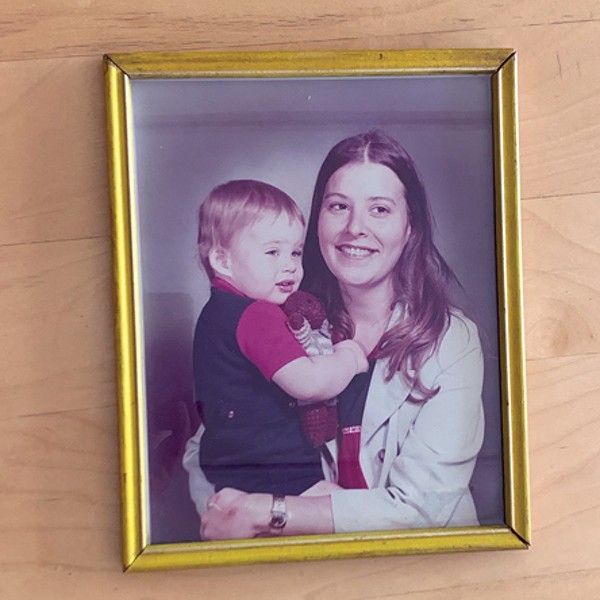The modern-day intellectual progeny of Sigmund Freud—the man known, interestingly enough, as the "Father of Psychoanalysis"—might well posit that we are all the victims of our own expectations. The pursuit of such elusive goals as success, love, or fulfillment stems from a yearning to know ourselves, to be realized, to be recognized and understood. For good or for ill, the root of that search begins with what got us here in the first place: our families.
Yet, as any battle-tested veteran of the psychoanalytic couch can tell you, the focus of that self-expository work most often concerns the parent-child relationship as our exclusive defining cause. Hence, Freud's Blind Spot, Elisa Albert's wide-ranging anthology of essays on the powerful nature of expectations and identity that can be discovered in sibling relationships. Confounded and yet fascinated by her own experience as the sister of one estranged brother, and another long passed away, Capitol District writer Albert (2008's This Night Is Different and 2009's acclaimed The Book of Dahlia) calls upon an impressive list of colleagues to offer their own accounts. A spectrum of contributors, from Greene County poet Rebecca Wolff to award-winning TV writer/producer Jill Soloway (and her sister Faith) to Albert's husband, author and SUNY Albany professor Edward Schwarzchild, help to paint a gripping picture of the roles our brothers and sisters—or their absence—play in the formation of ourselves.
"I know from my brother Sean that family is not defined by blood. It is not defined by race. It is not even defined by a shared voice or a way of telling a story. Family is who you choose to love. The unfathomable complexity of those two terms, choose and love, starts to feel simple after a while, when you live them day by day." So suggests author Robert Anthony Siegel in his essay about his much younger adopted brother. Siegel describes an expansive and emotional learning experience, one of introspection and awareness, veins of which can be found throughout the tales of Freud's Blind Spot. Though the conclusions are not always quite so pat, and some of the situations far more confrontational (as in Mary Norris's compelling study of anger, self-doubt, and gradual acceptance of her transgendered brother), the suggestion remains that there is a unique opportunity for insight within the link of siblinghood. It is a perspective built of choice, of shared experience, and of the necessity of honoring individuality.
This compendium of narratives may or may not offer any given reader the soothing relief of a deep, empathic experience. There are, after all, only twenty-three examples, and a potentially infinite number of our own collective stories—and of course there are many who have the equally unique experience of being an only child. Still, the question of what it means to truly belong is exceptionally stirring. What binds us to another, and what can stave off the chill of our own inevitable solitude? As each of us searches for a definition that will provide stability in the face of the unknowable, we are offered this most intrinsic resource—family—to help explain who and why we are. Albert's skillfully crafted collection suggests that, seen through the richly diverse, painful, rewarding, and often baffling lens of siblinghood, there may be a separate kind of freedom: to stop explaining, and simply to be.

















